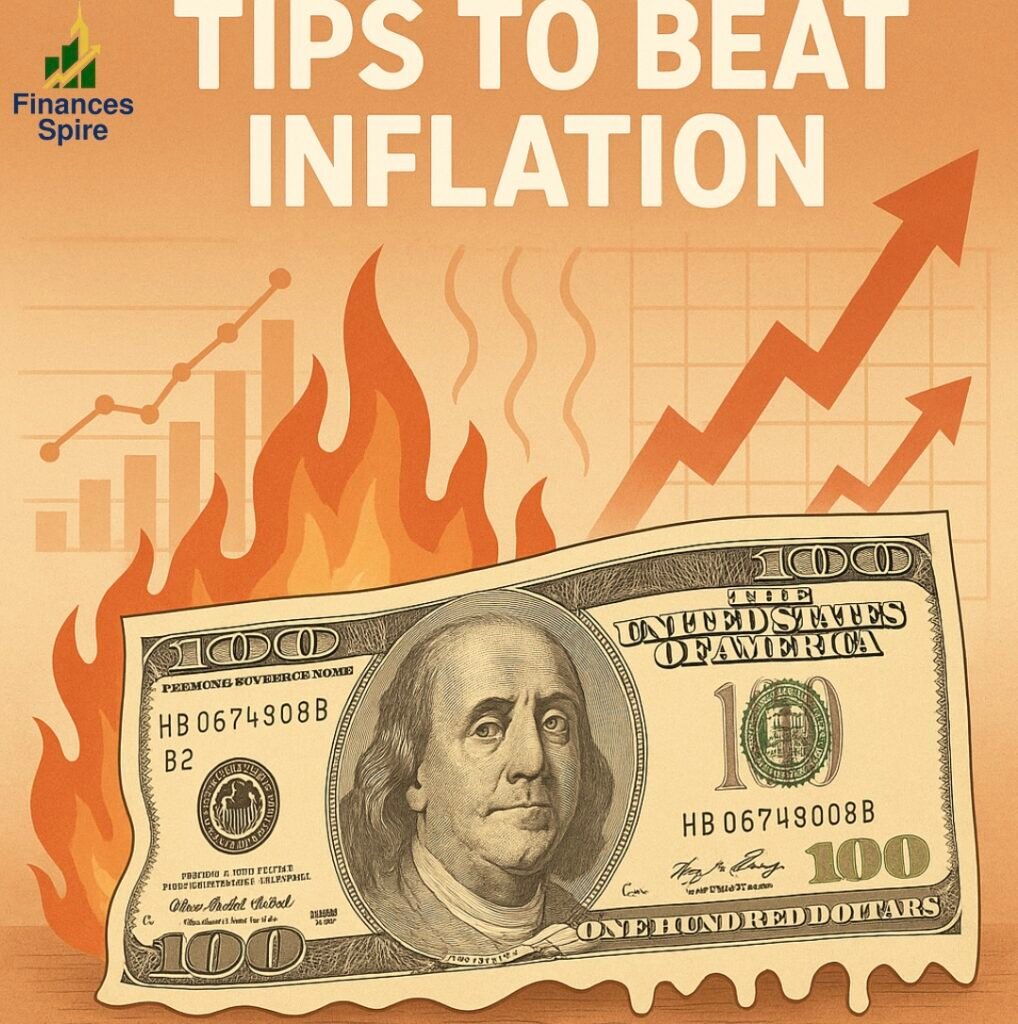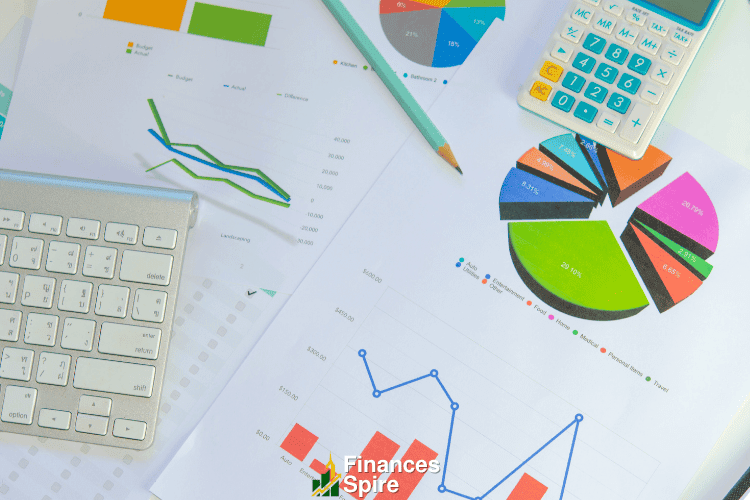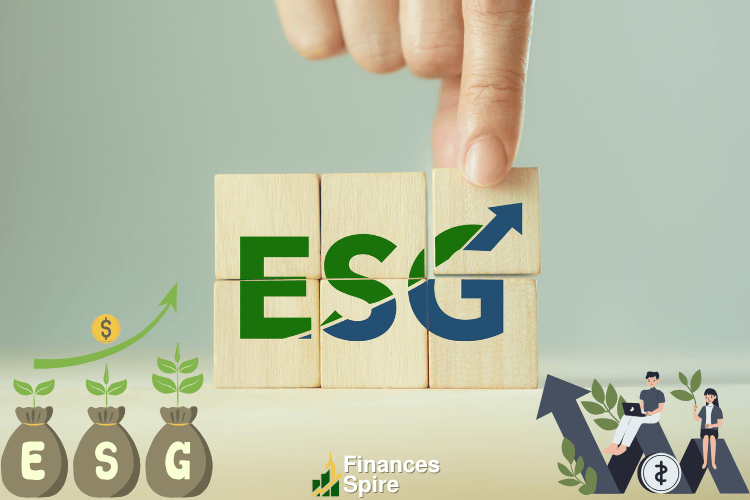As prices soar and currencies weaken, your money could lose value faster than you can save it. But there’s a way to fight back. Whether you’re in Saudi Arabia, Egypt, Lebanon, Turkey, or any other high-inflation economy, protecting your wealth is not just an option—it’s a necessity.
This comprehensive guide offers practical, actionable strategies to help you shield your finances, including:
- Inflation-resistant assets
- Currency diversification
- Local and regional investment opportunities
- Budgeting and income strategies tailored for inflationary times
Why High Inflation Is Dangerous for Your Money
Inflation reduces the purchasing power of your income and savings. For example, if inflation is running at 15%, and your savings are earning just 2%, you are losing 13% in real terms every year.
In countries like Lebanon, where inflation has soared above 100%, or Egypt, where food prices are climbing monthly, this impact is devastating. Even in Saudi Arabia, while inflation is more controlled, global economic pressures still create ripple effects—especially for imported goods, real estate, and energy.
1. Invest in Inflation-Proof Assets
To preserve your wealth, start by shifting your money into inflation-resistant assets.
A. Gold & Precious Metals
- Historically a safe haven in economic crises
- Easy to buy and sell in Saudi Arabia and across the GCC
- Available through physical gold shops, gold ETFs, or even gold-backed digital platforms
Tip: Regularly buy small amounts (e.g., monthly), to reduce timing risk and build a solid reserve over time.
B. Real Estate
- Property values tend to rise with inflation
- Rental income provides passive cash flow
- Real estate in cities like Riyadh, Jeddah, and Dubai is seen as a long-term growth bet
Options:
- Buy-to-rent homes or apartments
- Invest in REITs (Real Estate Investment Trusts) on Tadawul or other regional exchanges
C. Stock Market – But Choose Sectors Wisely
Not all stocks suffer during inflation. Companies in essential sectors often perform better:
- Energy (e.g., Aramco, SABIC)
- Utilities & Consumer Staples (food, healthcare)
- Banks (can benefit from rising interest rates)
Pro Tip: Use platforms like Tadawul or explore regional stock ETFs to spread your risk
2. Diversify Your Currency Exposure
Holding all your money in one currency—especially one vulnerable to devaluation—is a risky game. Currency diversification is a simple but powerful way to protect the real value of your money.
How to Diversify Your Currency:
- Open a multi-currency bank account (offered by banks like Al Rajhi, NCB, and international banks in Saudi Arabia)
- Convert portions of your savings into USD, EUR, or stable digital currencies (like USDT or USDC)
- Use trusted platforms for international transfers and conversions (e.g., Wise, Sarafi, or even regulated crypto platforms)
Important: Always check local regulations and caps on foreign currency holdings.
3. Use Local Investment Instruments to Your Advantage
Saudi Arabia and the wider GCC offer a range of local investment options that can hedge against inflation:
A. Sukuk (Islamic Bonds)
- Shariah-compliant, low-risk
- Backed by real assets
- Offer steady returns that often beat traditional savings accounts
B. Government-Backed Funds
- Many Saudi funds tied to Vision 2030 projects are long-term, government-backed, and inflation-resilient
- Invest in infrastructure, logistics, energy, and healthcare sectors
Where to find them?
Use platforms like SNB Capital, Alinma Investment, or Tadawul to explore funds and instruments.
C. Regional Diversification
- Don’t just invest in Saudi assets—look at UAE, Qatar, and Bahrain for real estate and equity options
- Dubai remains a favorite for real estate, especially for rental yields
- GCC ETFs can offer exposure to a wider market with lower risk
4. Adjust Your Budget for Inflation
While you’re growing and protecting your money, don’t forget to manage what you spend. High inflation often hits food, rent, fuel, and healthcare the hardest.
Steps to Create an Inflation-Proof Budget:
- Track your expenses monthly using budgeting apps like YNAB, PocketGuard, or even Excel
- Prioritize needs over wants
- Shift to fixed-price or subscription-based services to avoid variable costs
- Use cash-back or loyalty programs to stretch your riyal further
5. Increase Your Income – Don’t Just Cut Costs
While saving is important, earning more during inflation is crucial. Prices are rising faster than your income—so it’s time to boost your cash flow.
Ideas to Grow Your Income:
- Freelance or remote work (writing, design, consulting, coding)
- Sell digital products or eBooks
- Start an online store with dropshipping
- Monetize knowledge via online courses or webinars
- Rent out your car, home, or unused equipment
Resource: Check out our guide on “Best Side Hustles in the Middle East for 2025”.
Final Tips: Mindset, Monitoring, and Movement
Staying ahead in a high-inflation economy requires a resilient mindset, financial literacy, and regular adjustments.
✅ What You Should Be Doing:
- Review your investments every quarter
- Keep up with inflation trends in your country
- Don’t panic—adjust and diversify
🚫 Avoid These Mistakes:
- Holding too much cash
- Relying only on savings accounts
- Ignoring regional/global opportunities
- Waiting too long to act
Conclusion: Stay Prepared, Not Panicked
Inflation may be unavoidable, but losing your financial stability doesn’t have to be. Whether you’re in Saudi Arabia, Lebanon, Egypt, or Turkey, the same principles apply:
➡️ Invest smartly
➡️ Diversify across currencies and assets
➡️ Control spending and grow your income
By taking action today, you’re not just surviving inflation—you’re thriving despite it.



